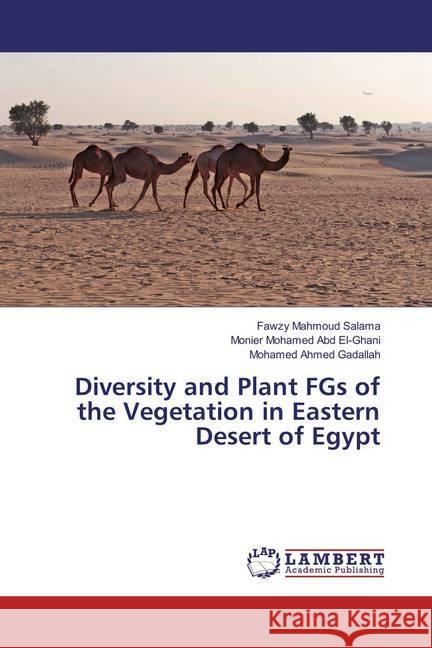topmenu
Wyniki wyszukiwania:
wyszukanych pozycji: 6
 |
Diversit? et groupes fonctionnels de la v?g?tation dans le d?sert oriental de l'?gypte
ISBN: 9786208529017 / Francuski Termin realizacji zamówienia: ok. 16-18 dni roboczych. |
cena:
362,86 |
 |
Diversit?t und Pflanzengruppen der Vegetation in der ?stlichen W?ste ?gyptens
ISBN: 9786208529000 / Niemiecki Termin realizacji zamówienia: ok. 16-18 dni roboczych. |
cena:
362,86 |
 |
Diversidade e FGs da vegeta??o no deserto oriental do Egito
ISBN: 9786208529048 / Portugalski Termin realizacji zamówienia: ok. 16-18 dni roboczych. |
cena:
362,86 |
 |
R?żnorodnośc i grupy funkcjonalne roślinności na Pustyni Wschodniej w Egipcie
ISBN: 9786208528997 / Polski Termin realizacji zamówienia: ok. 16-18 dni roboczych. |
cena:
362,86 |
 |
Diversit? e gruppi funzionali della vegetazione nel deserto orientale dell'Egitto
ISBN: 9786208529031 / Włoski Termin realizacji zamówienia: ok. 16-18 dni roboczych. |
cena:
362,86 |
 |
Diversity and Plant FGs of the Vegetation in Eastern Desert of Egypt
ISBN: 9783659864414 / Angielski / Miękka / 2016 / 260 str. Termin realizacji zamówienia: ok. 10-14 dni roboczych. |
cena:
371,68 |










